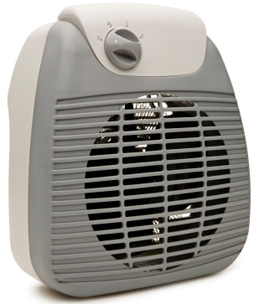View All Energy Efficiency Programs
Energy Tip Details
Back to Energy Tips
Get an ENERGY STAR® certified air source heat pump.

Because air source heat pumps move heat rather than generating it, they are often 2-3 times more efficient than electric baseboard heating systems and are much cheaper to operate than fuel-oil and propane systems. They are also more efficient than other air-conditioning systems, providing additional savings during the summer.
What You Need to Do
-
1Engage a heating ventilation and air conditioning (HVAC) contractor with experience installing air source heat pumps. Be sure the contractor selects properly sized equipment that is designed to operate efficiently in your climate..
-
2Request high efficiency equipment that is either ENERGY STAR rated and/or has a Heating Seasonal Performance Factor (HSPF) and a Seasonal Energy Efficiency Ratio (SEER) that is greater than 8.2 HSPF and 15.0 SEER.
Frequently Asked Questions
-
How do products qualify for ENERGY STAR®? What does it mean?ENERGY STAR® is the trusted, government-backed symbol for energy efficiency helping us all save money and protect the environment through energy-efficient products and practices. Products can earn the ENERGY STAR® label by meeting the energy efficiency requirements set forth in ENERGY STAR® product specifications. ENERGY STAR® qualified products use as much as 50% less energy than standard products.
-
If I complete this measure, can I track my savings over time?If you mark an item on your plan as completed, we will track your estimated energy use and savings over time. We can use this to find additional savings options.
-
Why should I ask my contractor about the most energy efficient products?Energy efficient products usually have lower operating costs and frequently qualify for rebates.
-
How can energy upgrades improve the comfort and health of my home?No matter how efficient your heating and cooling equipment is, if your home is not properly sealed and insulated, you may not be as comfortable as you could be, and your heating and cooling systems will have to work harder. Additionally, if you have leaky or poorly insulated ductwork, your home might have humidity problems, excessive dust, or rooms that are never quite comfortable. Improving the building shell and sealing ducts can generally improve your home.
